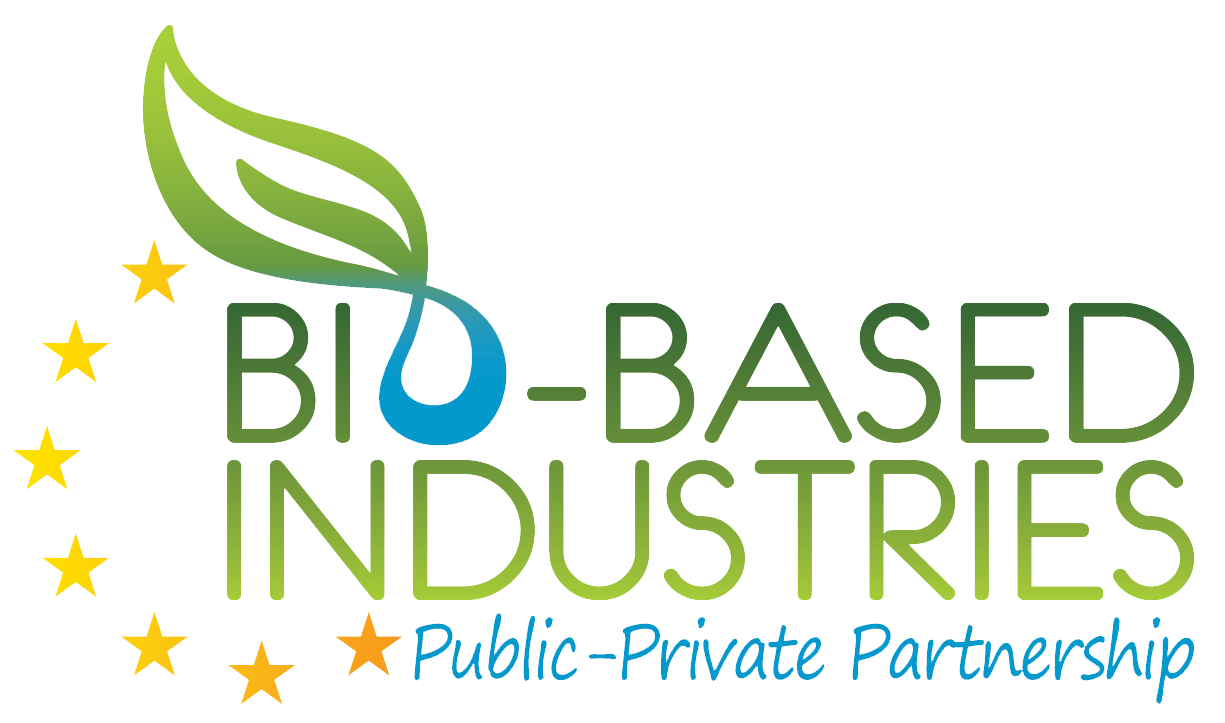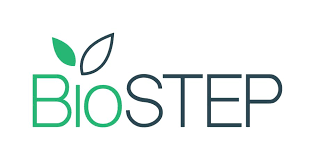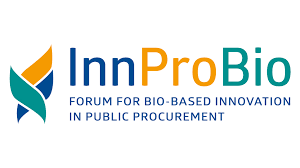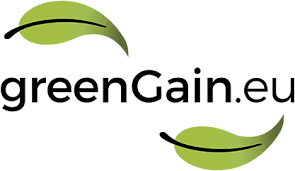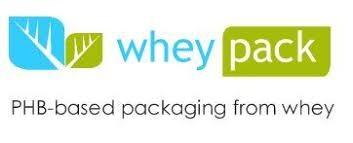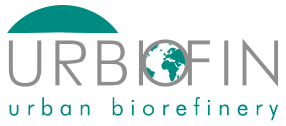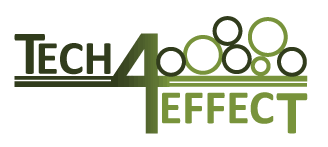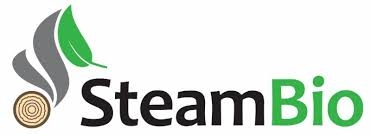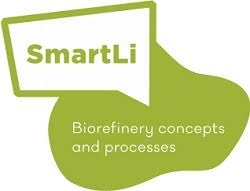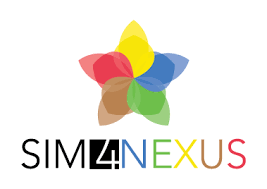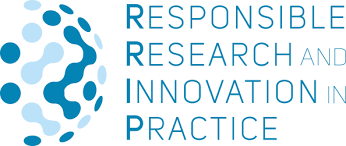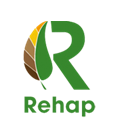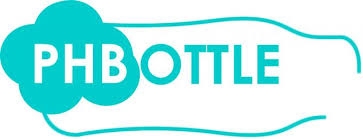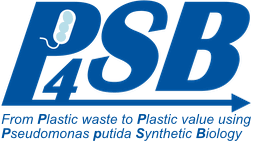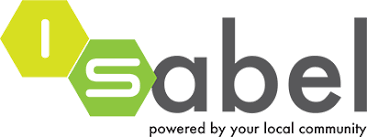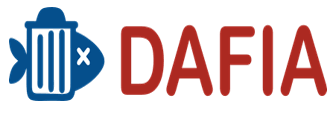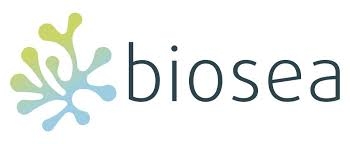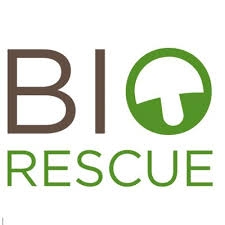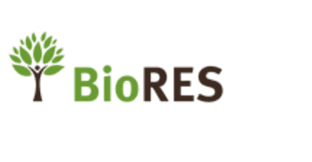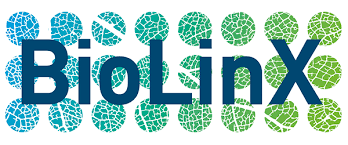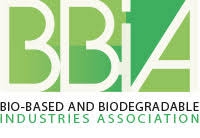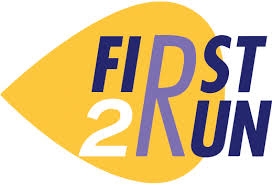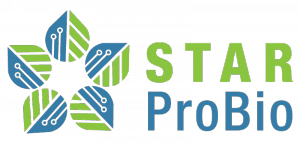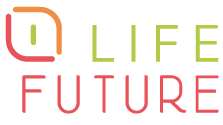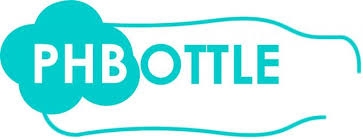
The EU fruit juice and nectars market stood at a healthy 11.3 billion litres in 2009. A 60% of total volume consumed is packaged with carton, a 25% with PET and the remainder is packaged with glass (13%) and other packaging formats (2%).Environmental sustainability concerns are rising on the public agenda, becoming even more relevant to the consumers.The EU juice and nectars industry is aware of its important role and responsibility, making use of best practice which involves full LCA to reduce both carbon and water footprint.
Juices and nectars producers have sought to provide the most environmentally friendly packaging available.Meanwhile, packaging innovations is getting ahead of developments in recycling.It is illogical that VAT as high as 20% to 25% can be applied to packaged fruit juice.There is a need to join efforts between packaging companies, recycling operators and governments to maximise the latest technology.
The use of conventional polymeric materials petrochemical – based in packaging, represents an important environmental impact and waste generation due to their non-biodegradability. Some alternative materials obtained from renewable resources can be found in the market. These materials fulfil the environmental concerns but they show some limitations in terms of performance like processing by injection and thermal resistance joined to high associated costs. This situation makes necessary research to improve their added value.
The aim of PHBOTTLE project is to develop a new BOTTLE (body, cap & sleeve) from biodegradable material, concretely PHB, which will be obtained by fermentation of wastewater from juice processing industries (renewable biogenic resource); optimising eco and energy efficiency in the material production and processing. The new bottle will be used for juice packaging with a competitive price, although other applications will be also studied (non-food packaging such as cosmetics and non-packaging applications)
The project is one of the relevant initiatives supporting the development and uptake of bio-based products at European and regional level identified by BIOWAYS. They have collaborated with BIOWAYS by providing valuable insights into their work and meaningful evidence and information regarding a series of areas such as their expected outputs and market uptake, the legislation and policy framework that affects them, the user’s perspective on their outputs and the impact, visibility and exploitation potential of their project/outputs.
